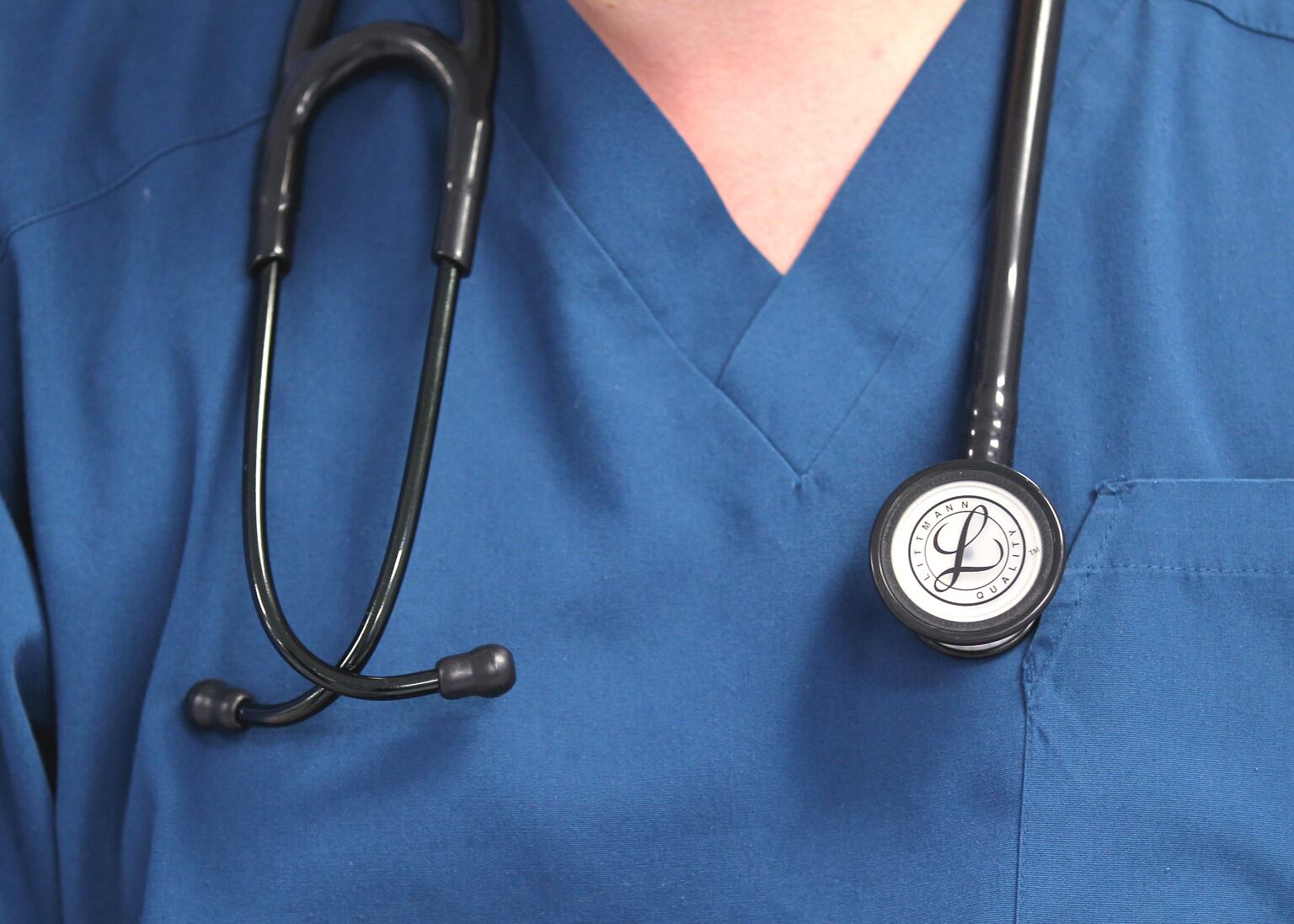Resident Doctors to Strike Over Pay Dispute
Resident doctors in England are set to walk out for five consecutive days later this month as part of a growing dispute with the government over pay. The British Medical Association (BMA) has announced the strike dates, which will run from 7am on July 25 to 7am on July 30. This move comes after the BMA gave the government a two-week window to engage in negotiations aimed at restoring pay levels.
The BMA resident doctors committee co-chairs, Dr Melissa Ryan and Dr Ross Nieuwoudt, stated that they met with Health Secretary Wes Streeting but found the government unwilling to discuss pay restoration. In a statement, they said: “We met Wes Streeting yesterday and made every attempt to avoid strike action by opening negotiations for pay restoration. Unfortunately, the Government has stated that it will not negotiate on pay, wanting to focus on non-pay elements without suggesting what these might be.”
They added that without a credible offer to restore pay, the decision to strike was unavoidable. “No doctor wants to strike, and these strikes don’t have to go ahead. If Mr Streeting can seriously come to the table in the next two weeks, we can ensure that no disruption is caused. The Government knows what is needed to avert strikes. The choice is theirs.”
This development follows warnings from Health Secretary Wes Streeting, who expressed concern over the potential impact of the strikes. He wrote in The Times that the public “will not forgive” strike action by resident doctors, calling it a “disaster” for both BMA members and patients. Streeting emphasized that the government “can’t afford” more pay rises and urged the BMA to reconsider its stance. “Work with a Government that actually wants to work with you: to improve working conditions for staff and care for patients. The public will not forgive strike action in these circumstances and nor will I.”
The decision to strike has received strong support from the medical community. Approximately 90% of voting resident doctors backed the action, with a 55% turnout in the vote. The BMA argues that resident doctors need a pay uplift of 29.2% to reverse “pay erosion” since 2008/09. This figure is based on Retail Prices Index (RPI) inflation, a measure of average changes in the price of goods and services used by most households.
Despite the BMA’s demands, the government has refused to reopen pay negotiations. A Number 10 spokesman stated: “We aren’t going to reopen negotiations on pay. Resident doctors have received the highest pay award across the public sector for two years in a row, and we’ve been clear that we can’t be more generous than we already have this year.”
Daniel Elkeles, chief executive of NHS Providers, warned that a return to industrial action would be a significant setback. “A return to industrial action would be a huge setback – bad for patients, for staff and for the NHS.”
In September, BMA members voted to accept a government pay deal worth 22.3% on average over two years. The 2025/26 pay deal saw resident doctors receive a 4% uplift plus £750 “on a consolidated basis,” equating to an average pay rise of 5.4%. However, the BMA continues to push for a much higher increase, citing the need to address long-term pay stagnation and inflation.
The ongoing conflict highlights the deepening tensions between the government and healthcare professionals over fair compensation and working conditions. With the strike dates now set, the coming weeks will be critical in determining whether a resolution can be reached before the planned industrial action begins.







